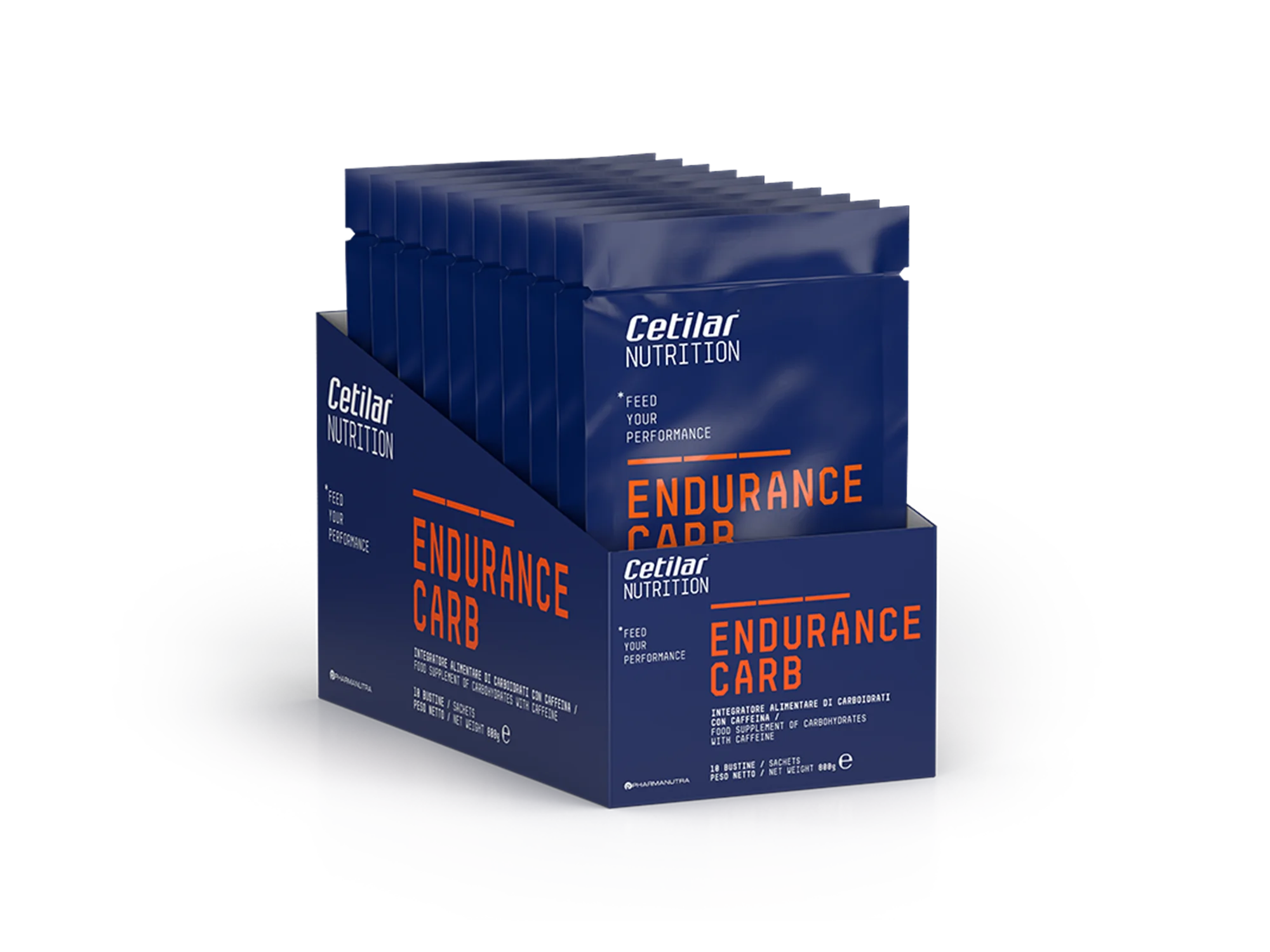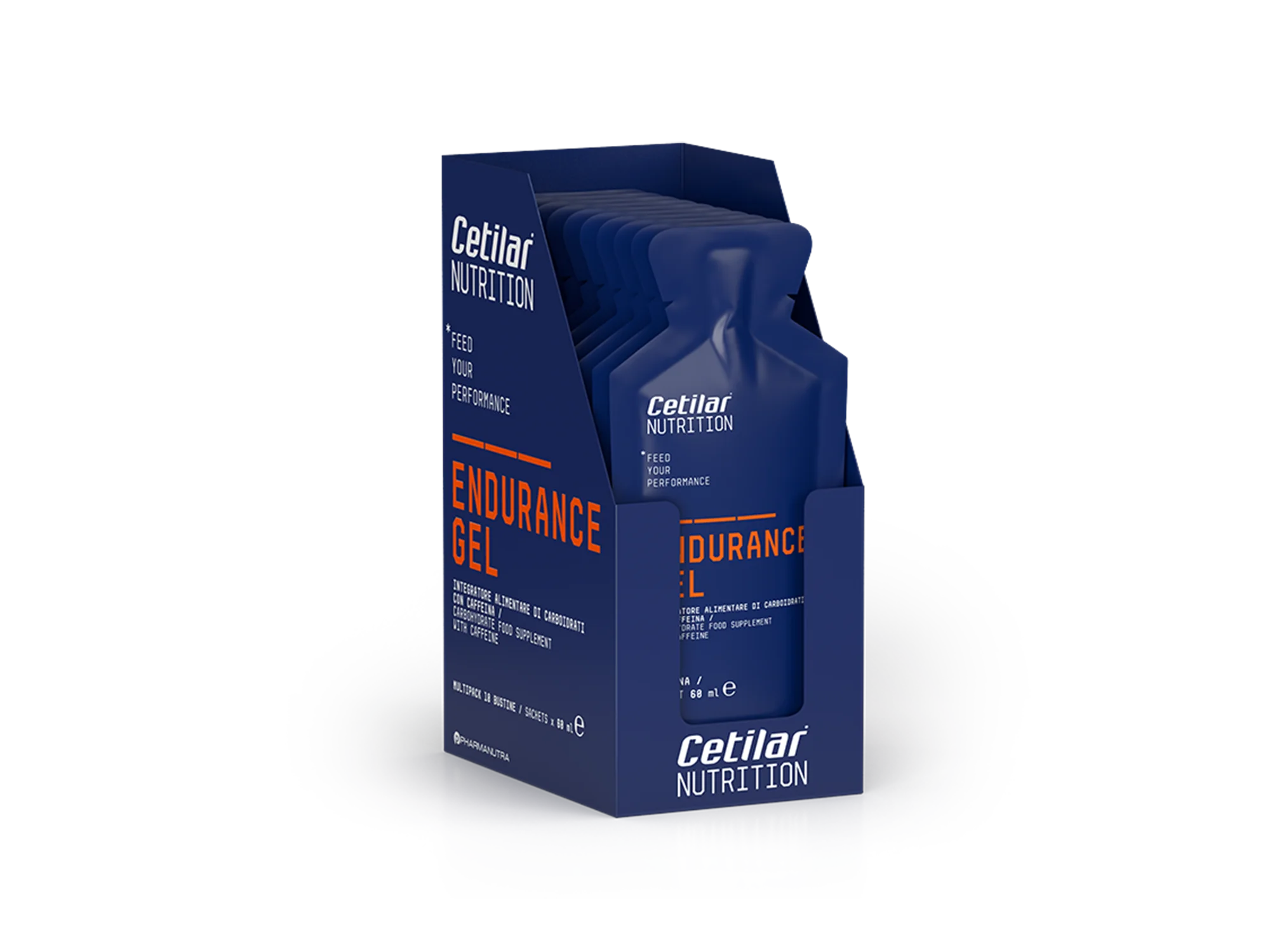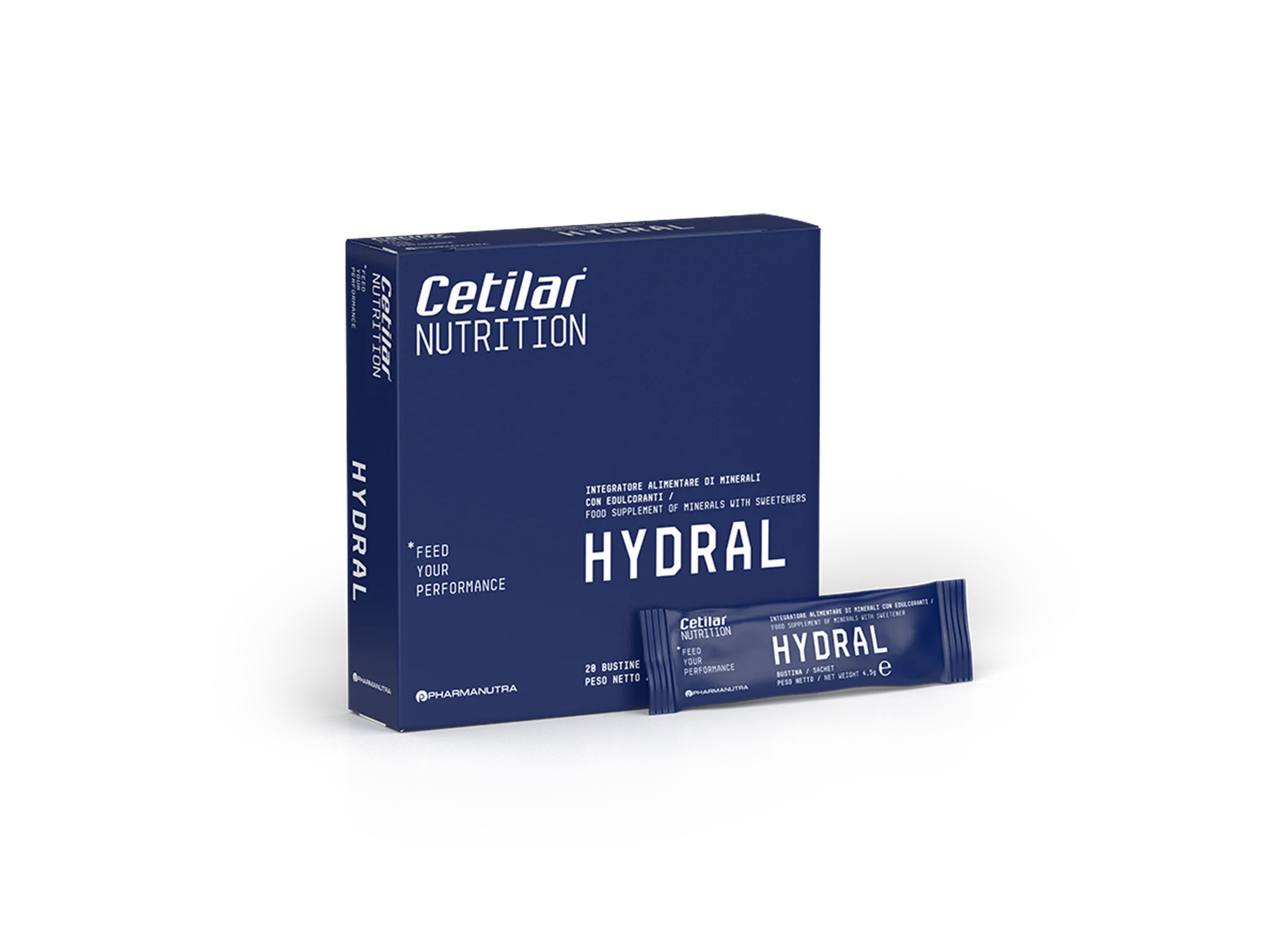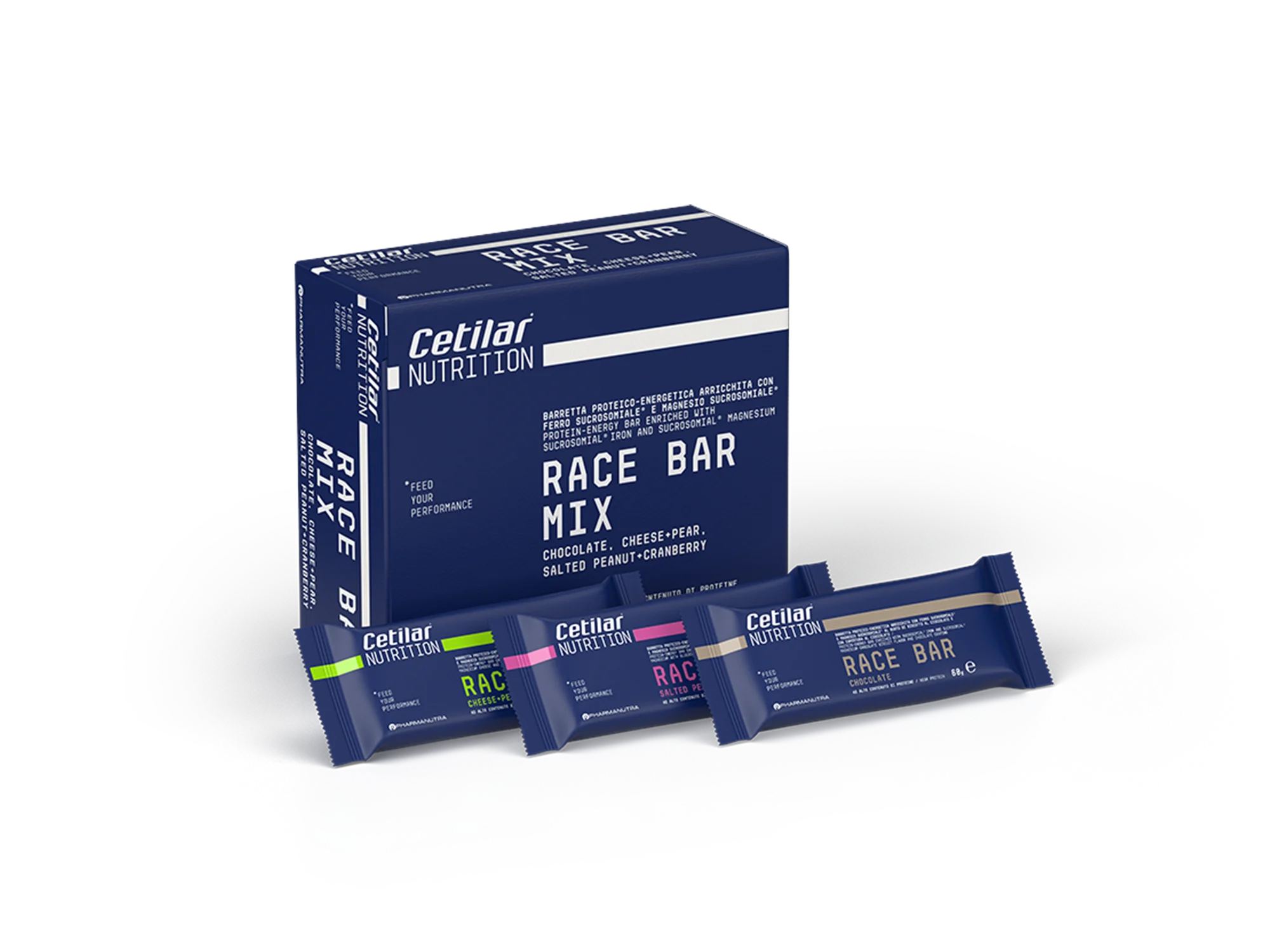On top of the world: how nutrition and training at high altitude can help athletes to reach higher and higher goals

Physical activity at high altitude is often done by endurance athletes to improve their sporting performance. Doing sport at an altitude however requires you to take a few precautions with your diet: athletes must ensure correct sports nutrition during training, not only to reach their goals but also to guarantee their own health and well-being.
What are the benefits of training at high altitude
Premise: the best altitude for this type of fitness is low-to-moderate, between 1600 and 2400 metres above sea level, for physical activity lasting from 2 to 4 weeks. Many athletes, especially those who practise endurance sports at high level, choose physical activity at high altitude to improve their performance. At intermediate altitudes, the air still contains 21% oxygen while the barometric pressure and partial oxygen pressure is reduced. Without oxygen, the body increases the mass of red blood cells and haemoglobin for 10-14 days, giving athletes a comparative advantage.
Which sports nutrition to follow during training at high altitude to improve performance
To improve performance with physical activity at high altitude we also have to ensure a correct sports diet, to avoid health problems. At high altitude, it has been demonstrated several times that the need for protein, energy consumption and the use of carbohydrates and liquids increase. This is why it is fundamental to ensure a suitable amount of energy for a sporting diet, paying attention to the increased carbohydrate needs. This is because, although training in the mountains is an opportunity for athletes who wish to lose weight, it may be counter-productive if they do not assure the right amount of carbohydrates and proteins, which would compromise their muscle mass. They should also take care to ensure the right iron intake.
The same goes for liquids: when training at high altitude, water losses increase due to hypoxia and the lower humidity in the air. This is why you should always drink: before, during and after physical activity in order to compensate any losses and avoid fatigue, disorientation, or, even worse, accidents while training.
The Cetilar® Nutrition solutions for training at high altitude
The need for iron also increases when training at high altitude: athletes with low levels of ferritin could develop a serious deficiency in a couple of weeks, and this is why they have to increase their intake of foods rich in iron, or, when recommended by a nutritionist, make recourse to certain supplements.
A precious ally that guarantees the right intake of macro nutrients are the protein-energy bars developed by Cetilar® Nutrition. We have developed tasty, balanced protein-energy bars for every palate: from classic chocolate bars to peanut and cranberries flavour or the tasty combination of cheese and pear. Our protein-energy bars are also designed for pre-workout needs, and are also suitable for vegetarian diets. In just 60 grams, they contain two minerals in Sucrosomial® form, iron and magnesium, which help to reduce tiredness and stimulate the normal energy-yielding metabolism. They also have a high protein content and a formulation (40-30-30) developed to balance all the macro-nutrients needed to improve performance during physical activity.
Cetilar® Nutrition has also developed food supplements with carbohydrates: an important energy source, ideal for both intense aerobic activity and endurance training at high altitude.



